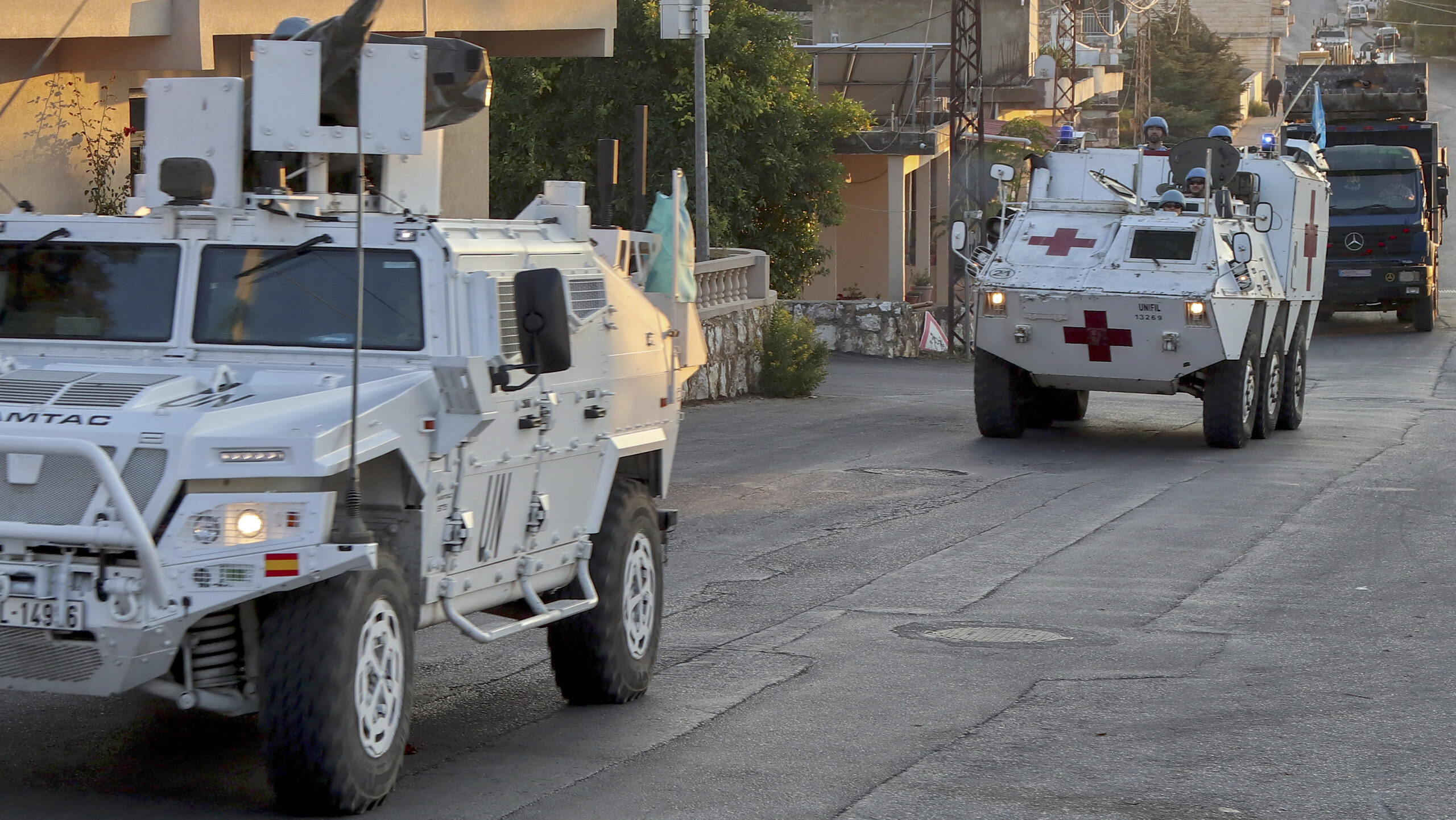Aoun Presses UN To Keep Peacekeepers on Israel Border
Lebanon’s President Joseph Aoun isn’t taking any chances. With tensions along the Israeli border still simmering, Aoun met with the new UN peacekeeping chief in Beirut on Monday and made one thing clear: UNIFIL isn’t just welcome—it’s essential.
In his meeting with Major General Diodato Abagnara, the freshly appointed commander of the United Nations Interim Force in Lebanon (UNIFIL), Aoun described the peacekeeping mission as a “pillar of stability.” He emphasized that the force’s joint patrols with the Lebanese Armed Forces are crucial in preventing an already volatile border from spiraling out of control.
Give the gift of hope
We practice what we preach:
accurate, fearless journalism. But we can't do it alone.
- On the ground in Gaza, Syria, Israel, Egypt, Pakistan, and more
- Our program trained more than 100 journalists
- Calling out fake news and reporting real facts
- On the ground in Gaza, Syria, Israel, Egypt, Pakistan, and more
- Our program trained more than 100 journalists
- Calling out fake news and reporting real facts
Join us.
Support The Media Line. Save democracy.


UNIFIL’s mandate is up for its annual review in August, and this year, the political winds are a bit more turbulent than usual. Although the UN Security Council already extended the mission through August 2025, questions over funding and purpose are making the rounds. One Israeli media report even claimed the US might be looking to cut back support. A US State Department spokesperson promptly called that “inaccurate.”
Abagnara, an Italian general with deep UNIFIL experience, didn’t waste time signaling his priorities. He said he’s committed to ramping up coordination with Lebanon’s army—especially as Hezbollah-Israel skirmishes continue to erupt in the south. UNIFIL says it has already logged over 5,700 joint support operations in just the western sector since the fighting reignited in October 2023.
Established in 1978 after Israel’s first major push into Lebanon, UNIFIL has grown into a 10,000-strong international buffer force. Today, it patrols the 120-kilometer border, keeps an eye on ceasefire violations, and tries to calm flare-ups before they become something worse.
For Lebanon, it’s more than peacekeeping. It’s a lifeline—especially while diplomatic efforts to finalize a permanent border agreement remain stalled.

